TI: Serbia still plagued by corruption
According to Transparency International’s (TI) latest findings, Serbia continues to figure highly when it comes to countries suffering from severe corruption.
Tuesday, 23.09.2008.
15:05

According to Transparency International’s (TI) latest findings, Serbia continues to figure highly when it comes to countries suffering from severe corruption. Serbia’s corruption perception index in 2008 is 3.4, and remains unchanged since 2007. Serbia was in 79th place last year and now shares 85th place with Montenegro, Albania, India, Madagascar, Panama and Senegal. TI: Serbia still plagued by corruption Transparency Serbia (TS) President Vladimir Goati said that the figures were “worrying” because after five years of slow, but steady progress, there was still a blockage when it came to tackling corruption and improving the image of the country. Serbia has an index of 3.4 out of a possible 10, with 5.0 representing a normal amount of corruption that can be tolerated, Goati told journalists in Belgrade. He said that Montenegro and Macedonia had either caught up or overtaken Serbia, while Croatia an Slovenia had also moved further away from Serbia in spite of ongoing problems with corruption in those countries. The fact that the index had improved by 1.3 since 2000, Goati said, could not hide the relative lack of progress in the last eight years to stop corruption and the need for much more work to be done to stamp out the problem. He said that it was not enough to simply pass anti-corruption laws, adding that the government had shown weaknesses and a lack of will to secure the conditions needed for the work of regulatory institutions like the Public Purchasing Administration or the State Accounting Institution. TS Program Director Nemanja Nenadic Serbia says that there are a number of things holding Serbia back in this area, including two elections, long-running talks over the formation of a new government, the break in parliament’s work, and the failure to adopt the necessary anti-corruption laws. Nenadic says that the political parties did not use the election campaigns to develop specific anti-corruption programs, meaning there is no clarity as to what direction the anti- corruption strategy will take. He says that Serbia has had an anti-corruption strategy since 2005, but that its implementation is late and the commitments therein are not being carried out in a systematic way. He says that there are also problems when it comes to the financing of political parties during elections. Nenadic says that in the last year, there has been less contact with the public as to progress in the struggle with organized crime. He says that it is not even possible to see what kinds of problems investigative bodies are coming up against, as the work of the police and prosecution is not public. Nenadic says that the fact that judicial reforms have not been carried out has also taken its toll on tackling corruption, adding that the business climate has not improved either, particularly in terms of clamping down on bribery, receiving construction licenses and approval, and extortion on the part of inspection bodies. The TI list ranked 180 countries, with Denmark, New Zealand and Sweden topping the list with indexes of 9.3, and Somalia bottom with an index of 1.0. The indexes are based on at least three of 13 surveys carried out in the last two years, mostly among businessmen and investors. Serbia was ranked this year on the basis of six studies using data from 2007-2008.
TI: Serbia still plagued by corruption
Transparency Serbia (TS) President Vladimir Goati said that the figures were “worrying” because after five years of slow, but steady progress, there was still a blockage when it came to tackling corruption and improving the image of the country.Serbia has an index of 3.4 out of a possible 10, with 5.0 representing a normal amount of corruption that can be tolerated, Goati told journalists in Belgrade.
He said that Montenegro and Macedonia had either caught up or overtaken Serbia, while Croatia an Slovenia had also moved further away from Serbia in spite of ongoing problems with corruption in those countries.
The fact that the index had improved by 1.3 since 2000, Goati said, could not hide the relative lack of progress in the last eight years to stop corruption and the need for much more work to be done to stamp out the problem.
He said that it was not enough to simply pass anti-corruption laws, adding that the government had shown weaknesses and a lack of will to secure the conditions needed for the work of regulatory institutions like the Public Purchasing Administration or the State Accounting Institution.
TS Program Director Nemanja Nenadić Serbia says that there are a number of things holding Serbia back in this area, including two elections, long-running talks over the formation of a new government, the break in parliament’s work, and the failure to adopt the necessary anti-corruption laws.
Nenadić says that the political parties did not use the election campaigns to develop specific anti-corruption programs, meaning there is no clarity as to what direction the anti- corruption strategy will take.
He says that Serbia has had an anti-corruption strategy since 2005, but that its implementation is late and the commitments therein are not being carried out in a systematic way.
He says that there are also problems when it comes to the financing of political parties during elections.
Nenadić says that in the last year, there has been less contact with the public as to progress in the struggle with organized crime.
He says that it is not even possible to see what kinds of problems investigative bodies are coming up against, as the work of the police and prosecution is not public.
Nenadić says that the fact that judicial reforms have not been carried out has also taken its toll on tackling corruption, adding that the business climate has not improved either, particularly in terms of clamping down on bribery, receiving construction licenses and approval, and extortion on the part of inspection bodies.
The TI list ranked 180 countries, with Denmark, New Zealand and Sweden topping the list with indexes of 9.3, and Somalia bottom with an index of 1.0.
The indexes are based on at least three of 13 surveys carried out in the last two years, mostly among businessmen and investors.
Serbia was ranked this year on the basis of six studies using data from 2007-2008.


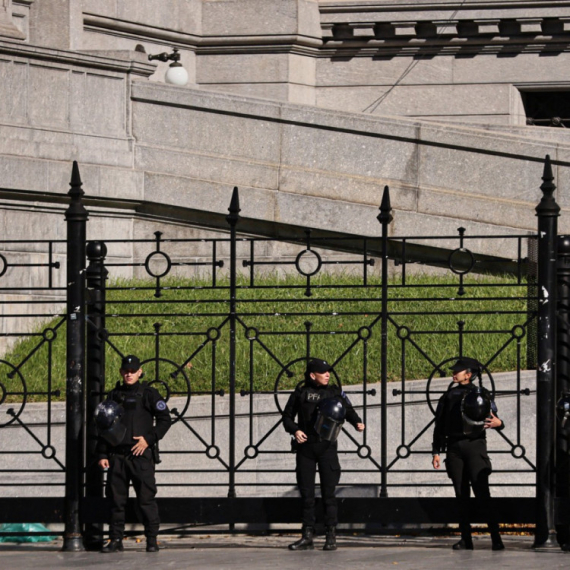
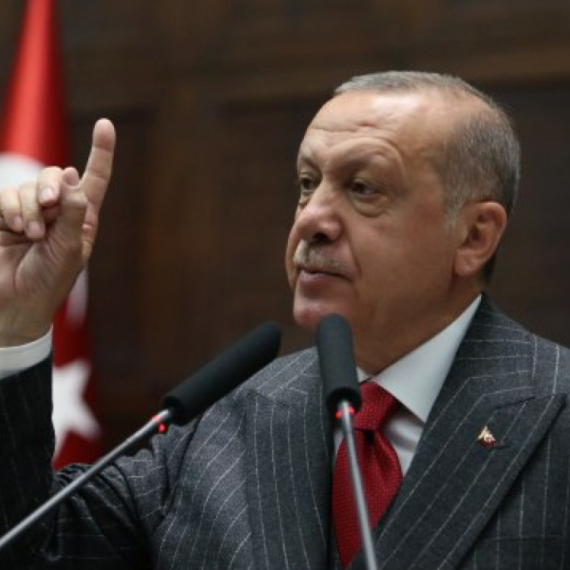
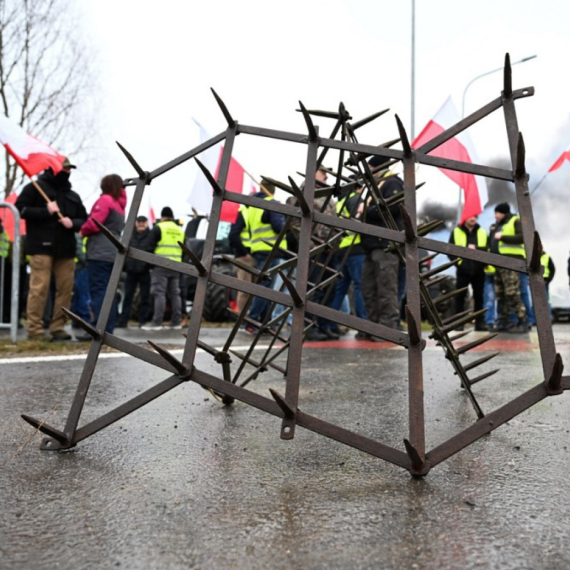












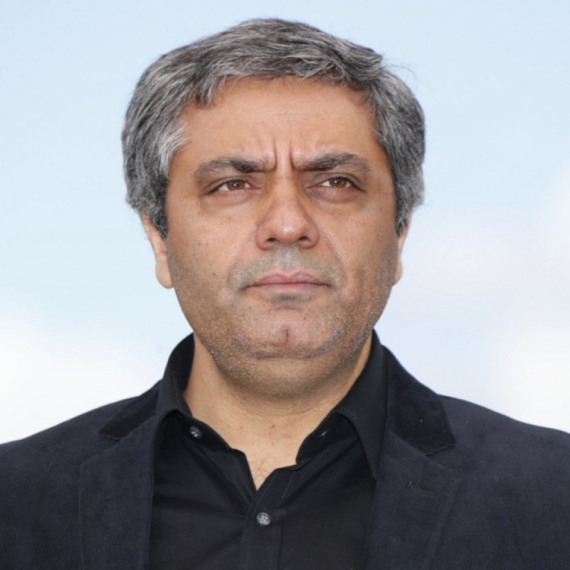



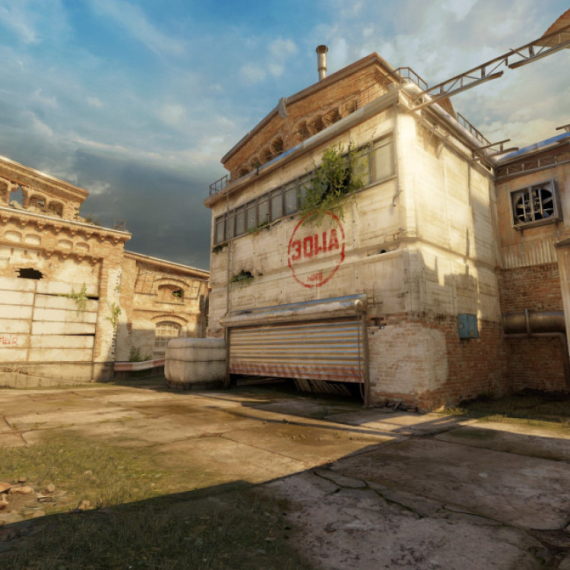




















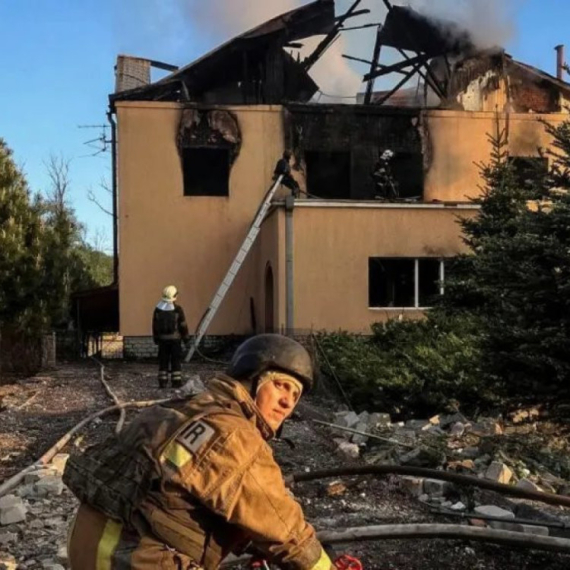

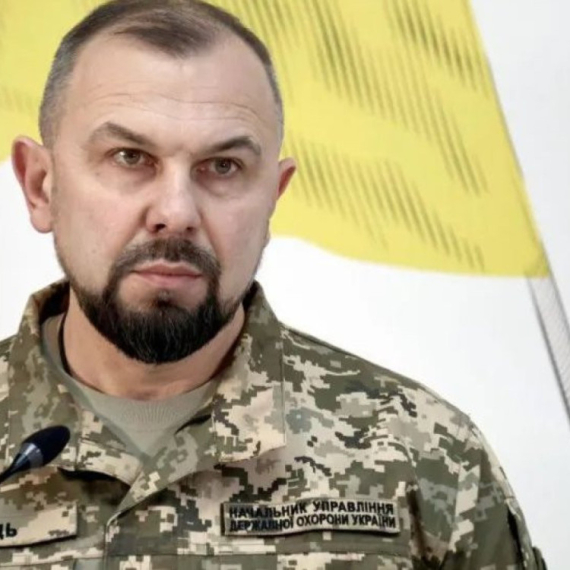

Komentari 6
Pogledaj komentare